Optimal Timing for Water Treatments
Water treatments are essential for maintaining water quality and ensuring safety in various applications. The timing of these treatments can significantly impact their effectiveness and longevity. Proper scheduling depends on factors such as water source, usage patterns, and seasonal variations.
Water treatments are often most effective when aligned with seasonal changes, such as pre-summer or pre-winter preparations, to prevent issues like algae growth or pipe freezing.
Monitoring water source quality and conducting treatments after heavy rainfall or drought periods helps maintain optimal water conditions.
Regularly scheduled treatments, such as quarterly or biannual checks, ensure consistent water quality and system performance.
Timing treatments before periods of high water usage can prevent buildup and improve efficiency.
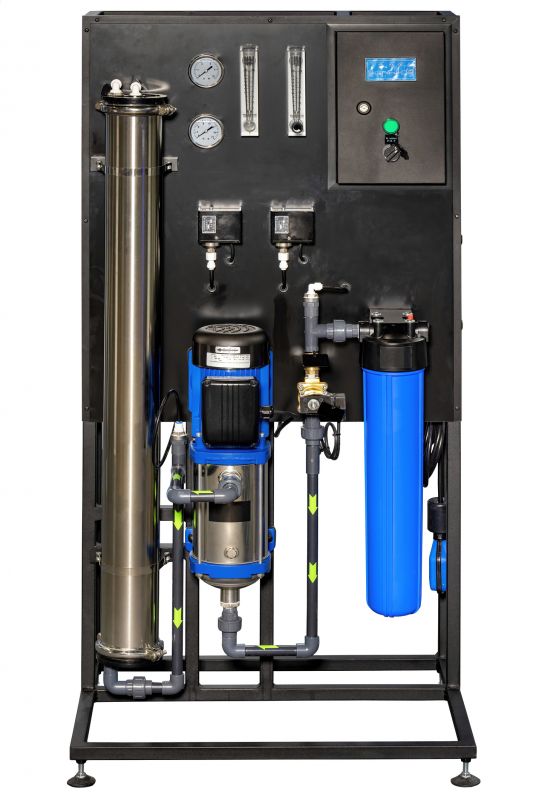
Modern systems for water purification and filtration.
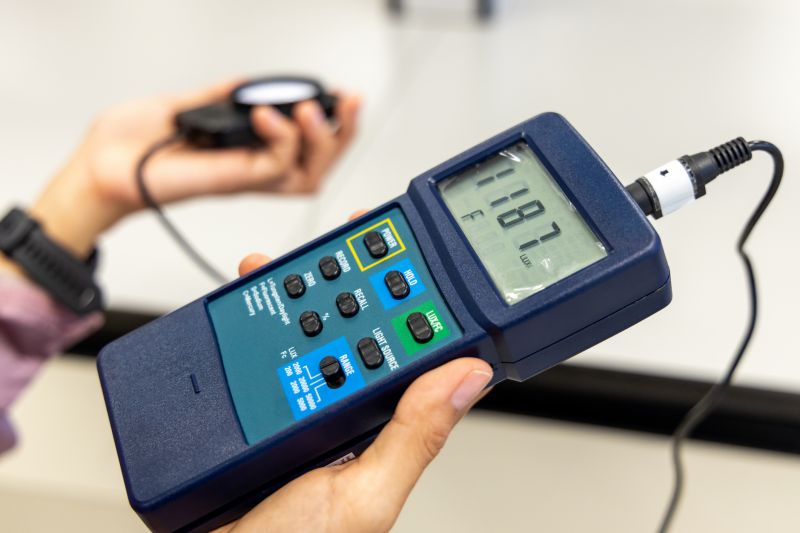
Devices used for analyzing water quality before treatment.
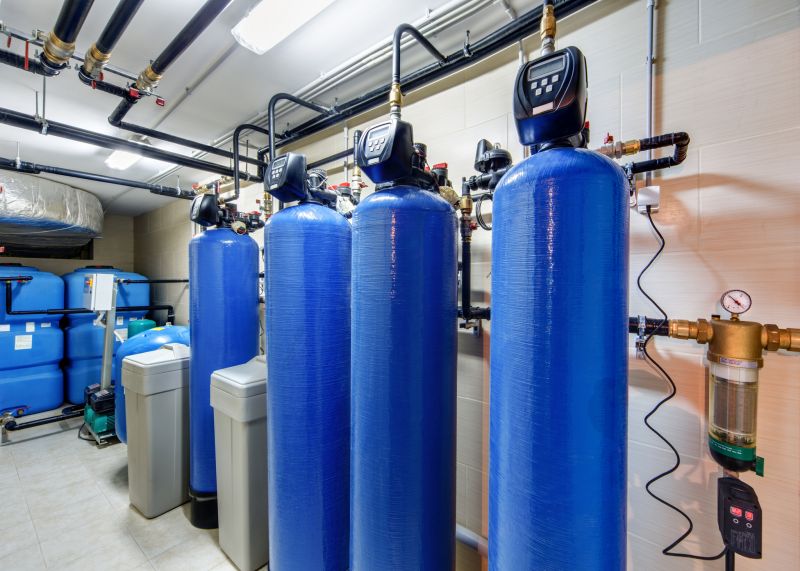
Storage units for treatment chemicals in water systems.
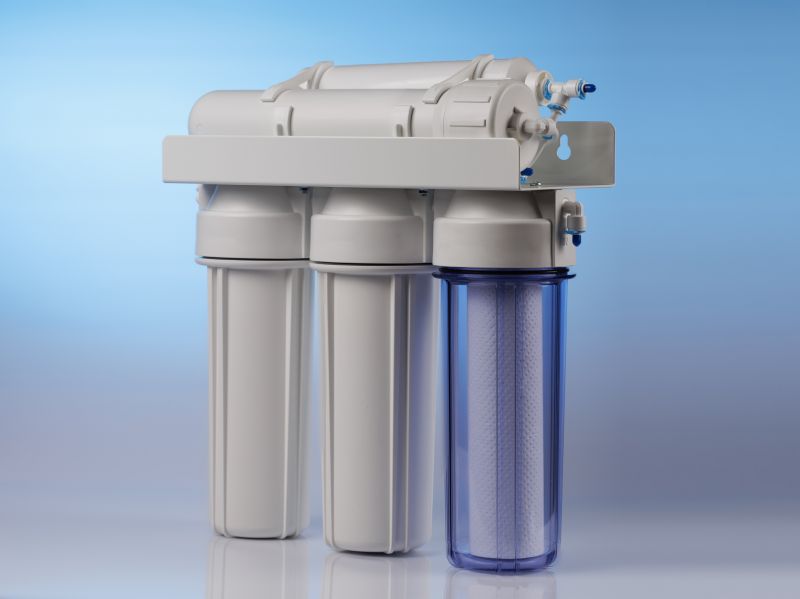
Various types of filters used in water treatment processes.
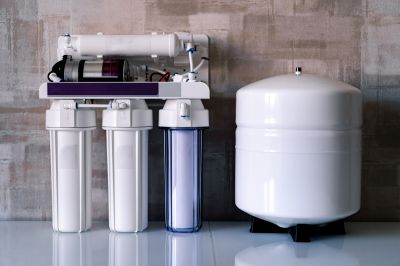
Facilities dedicated to large-scale water purification.
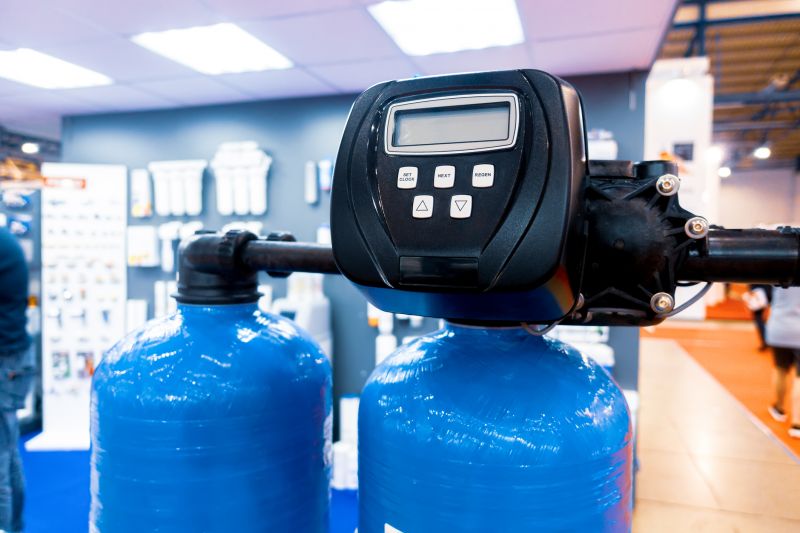
UV and chlorination systems for water sanitation.
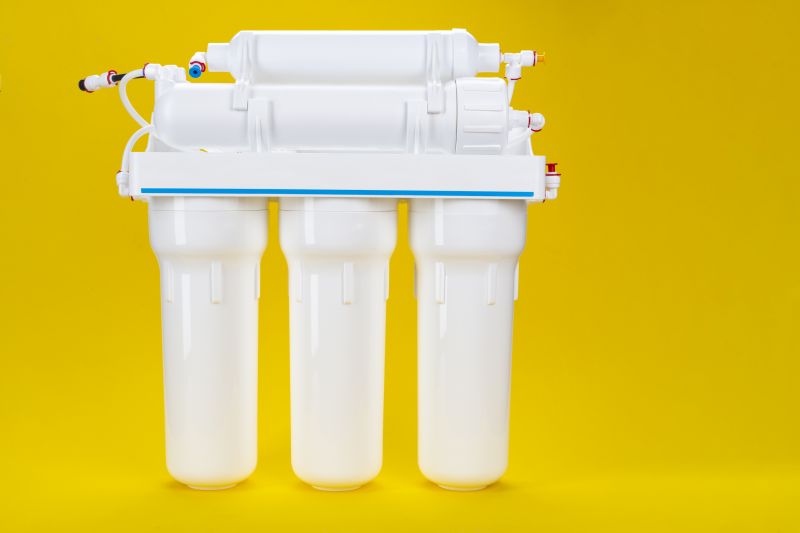
Analysis labs for water quality assessment.
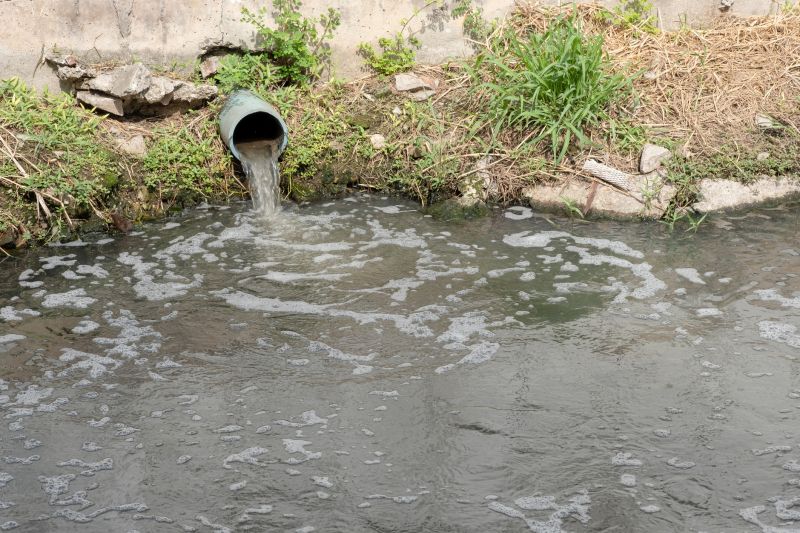
Visual representations of water treatment processes.
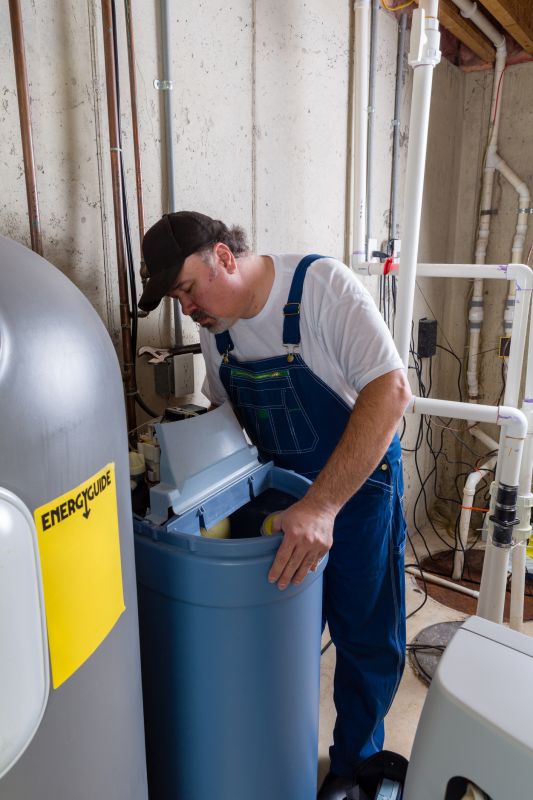
Tools used for servicing water treatment systems.
| Timing Factors | Details |
|---|---|
| Seasonal Changes | Adjust treatments based on seasonal water quality variations. |
| Water Source Quality | Treat after heavy rainfall or drought to address contamination risks. |
| Usage Patterns | Pre-treatment before high-demand periods enhances system efficiency. |
| Regulatory Schedule | Follow mandated intervals for compliance. |
| System Maintenance | Schedule treatments during planned maintenance windows. |
| Water Temperature | Higher temperatures may accelerate microbial growth, requiring timely treatments. |
| Water Age | Older water in pipes may need treatment before use. |
| Water Testing Results | Treatments should follow water analysis indicating contamination. |
Water treatments play a vital role in ensuring water safety, reducing contaminants, and extending the lifespan of plumbing systems. Effective treatment scheduling considers environmental factors, water quality fluctuations, and system demands. Regular assessments and timely interventions help maintain optimal water conditions and prevent issues such as bacterial growth, scale buildup, and corrosion.
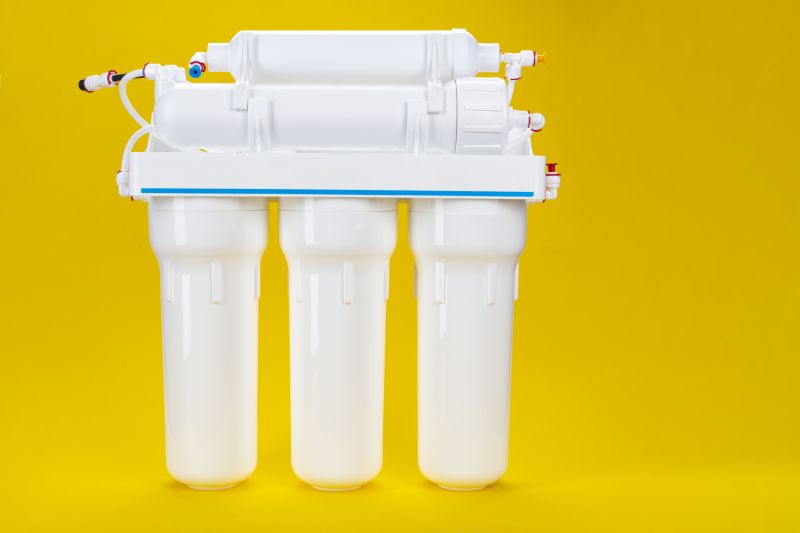
Diagram of multi-stage water purification.
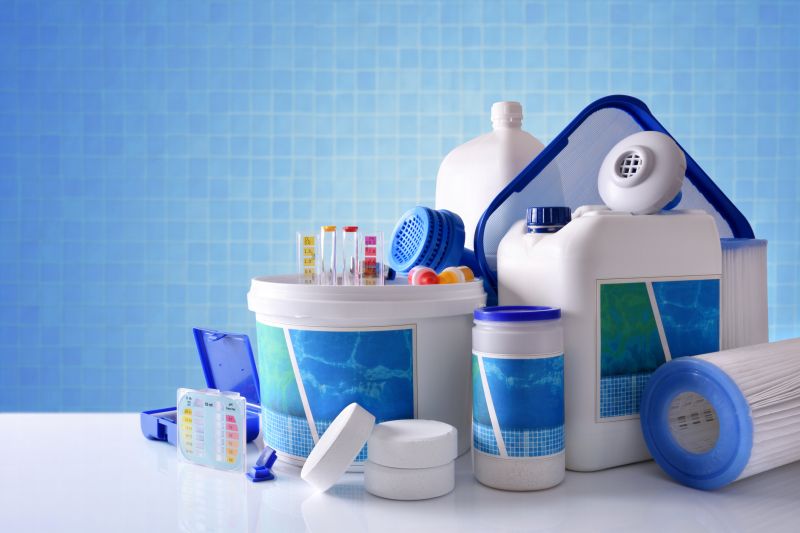
Application of disinfectants and pH adjusters.
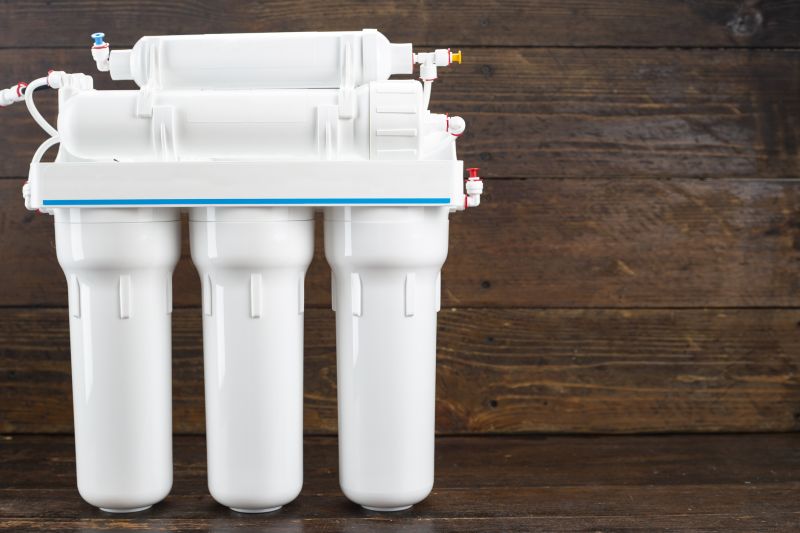
Advanced filtration units for clean water.
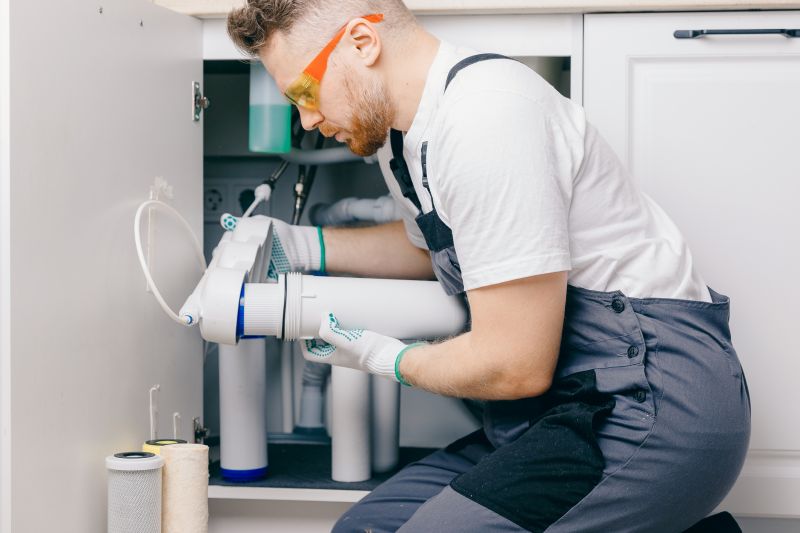
Samples being analyzed in a laboratory setting.
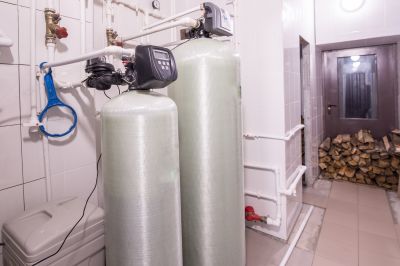
Ways to make Water Treatments work in tight or awkward layouts.
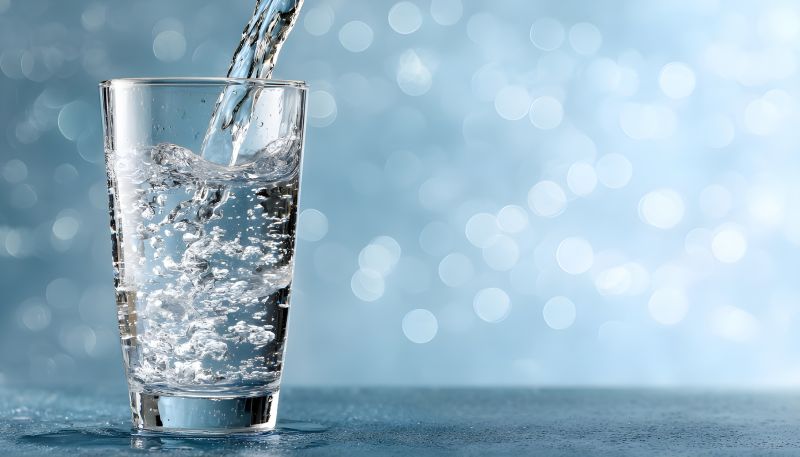
Popular materials for Water Treatments and why they hold up over time.
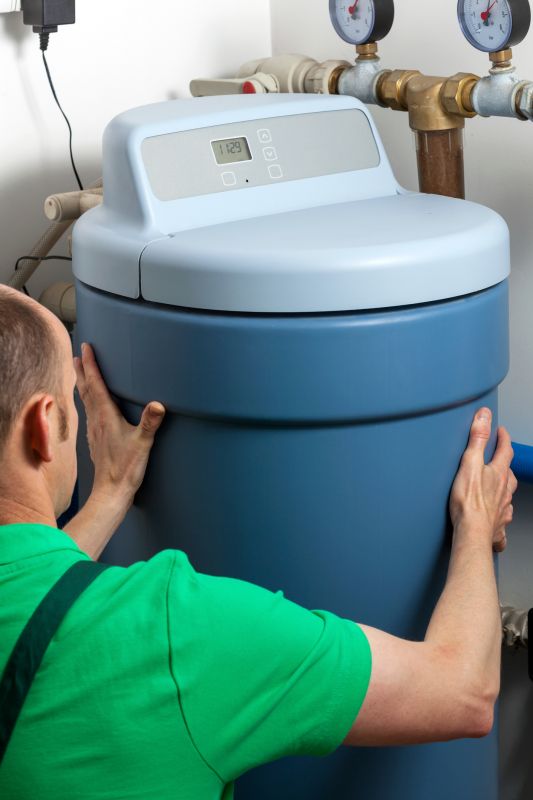
Simple add-ons that improve Water Treatments without blowing the budget.
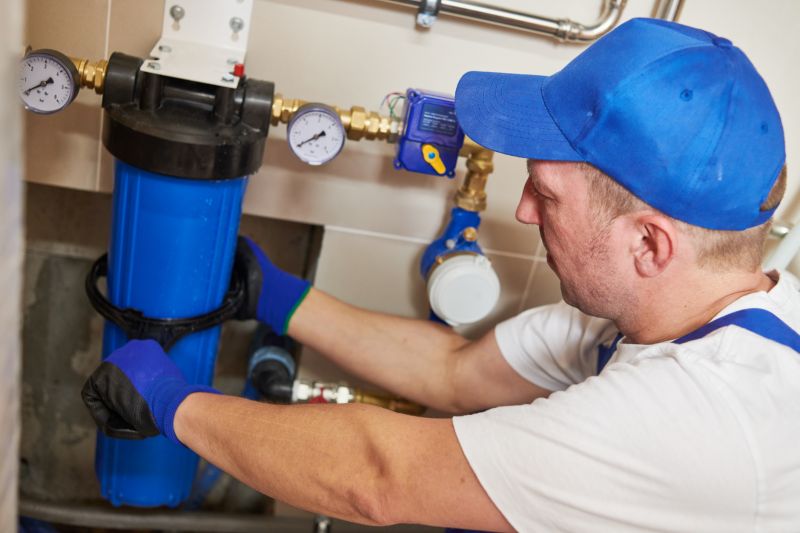
High-end options that actually feel worth it for Water Treatments.
Choosing the right timing for water treatments ensures water remains safe and of high quality. Properly scheduled treatments help prevent costly repairs and health hazards. Regular consultation with water treatment specialists can optimize schedules based on specific water system needs.

